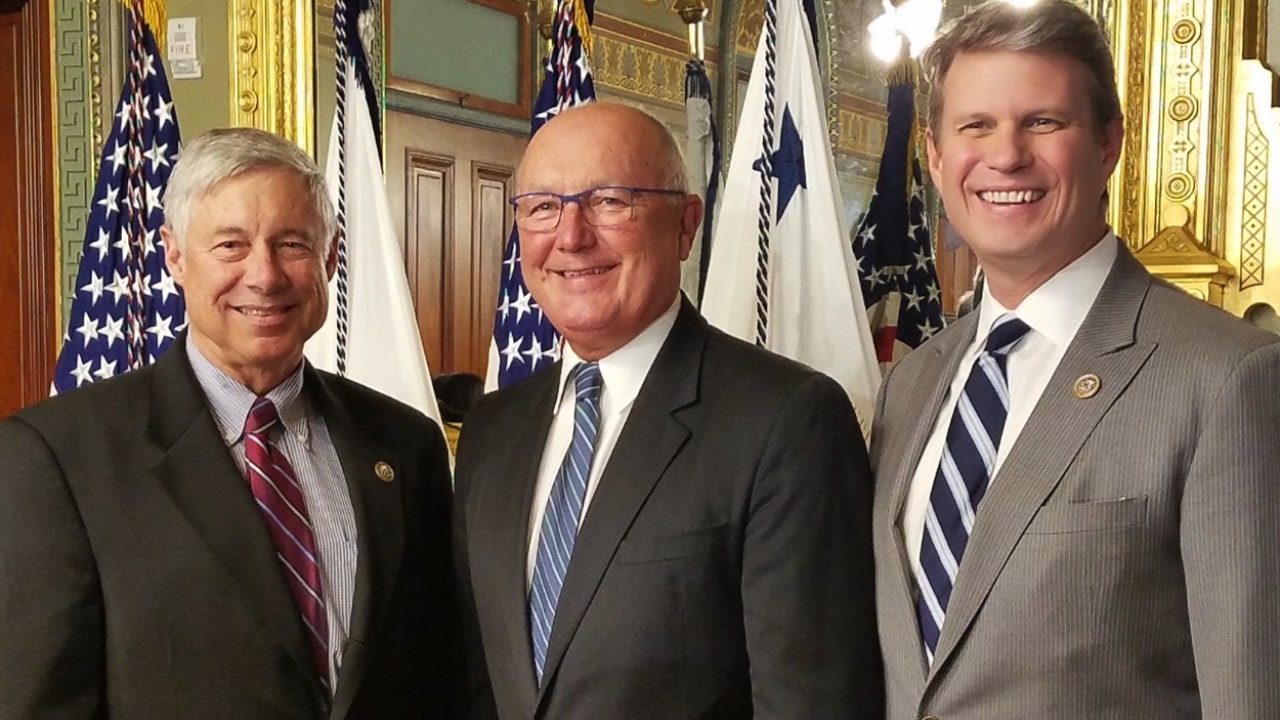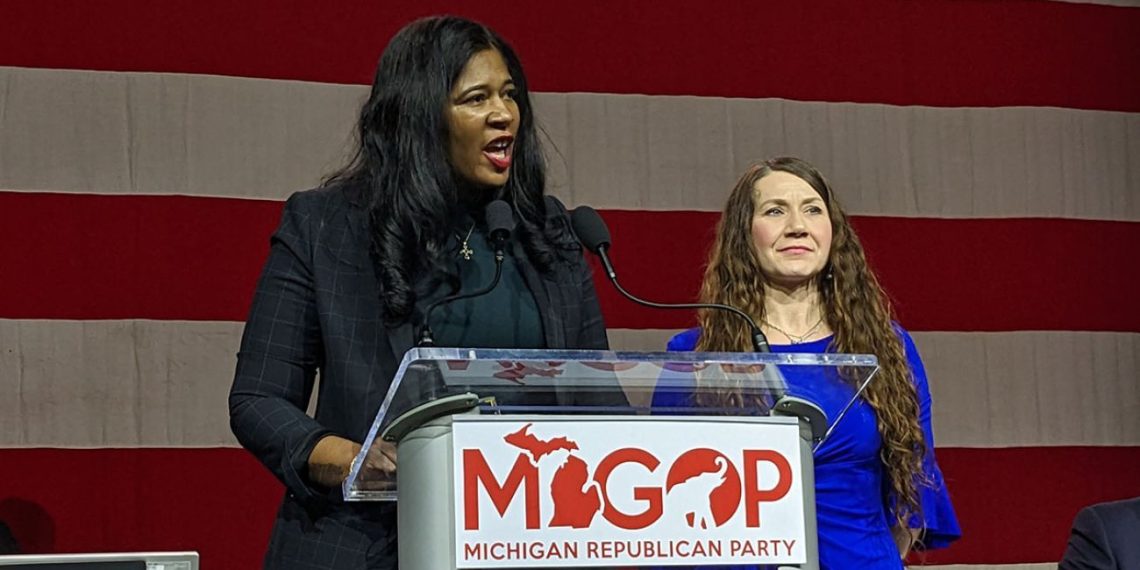In a display of internal discord, the Michigan Republican Party is facing a split in its efforts to choose a presidential nominee, with two factions organizing separate conventions next month.
Pete Hoekstra, recently recognized by the Republican National Committee (RNC) as the state party chair, announced plans for a nominating convention on March 2. This decision comes in conflict with Kristina Karamo, who also claims the role of chair and is arranging a parallel event on the same date.
The rift within the party has raised concerns among Michigan Republicans about the potential repercussions on the candidacy of former President Donald Trump, who remains a significant figure in the state.
Hoekstra, endorsed by Trump, intends to oversee caucus meetings for all 13 congressional districts in adherence to RNC directives. Conversely, Karamo persists in her defiance, scheduling a competing convention in Detroit.
The situation is exacerbated by the uncertainty surrounding party leadership. While Karamo was ousted from her position in January by disgruntled Michigan Republicans, she refuses to acknowledge the RNC’s endorsement of Hoekstra. This leadership dispute adds complexity to the already fraught landscape of Michigan politics.
The divergent paths chosen by the two factions underscore the challenges faced by the Michigan GOP in maintaining cohesion and effectiveness.

With the crucial role of state party structures in fundraising and mobilizing voters, the internal strife threatens to undermine the party’s electoral prospects in the November general election.
As Michigan Republicans navigate this period of upheaval, the outcome of the dueling conventions will have far-reaching implications for the party’s unity and strategy.
The resolution of the leadership dispute and the selection of a presidential nominee will shape the trajectory of the Michigan GOP as it seeks to navigate the political landscape.




